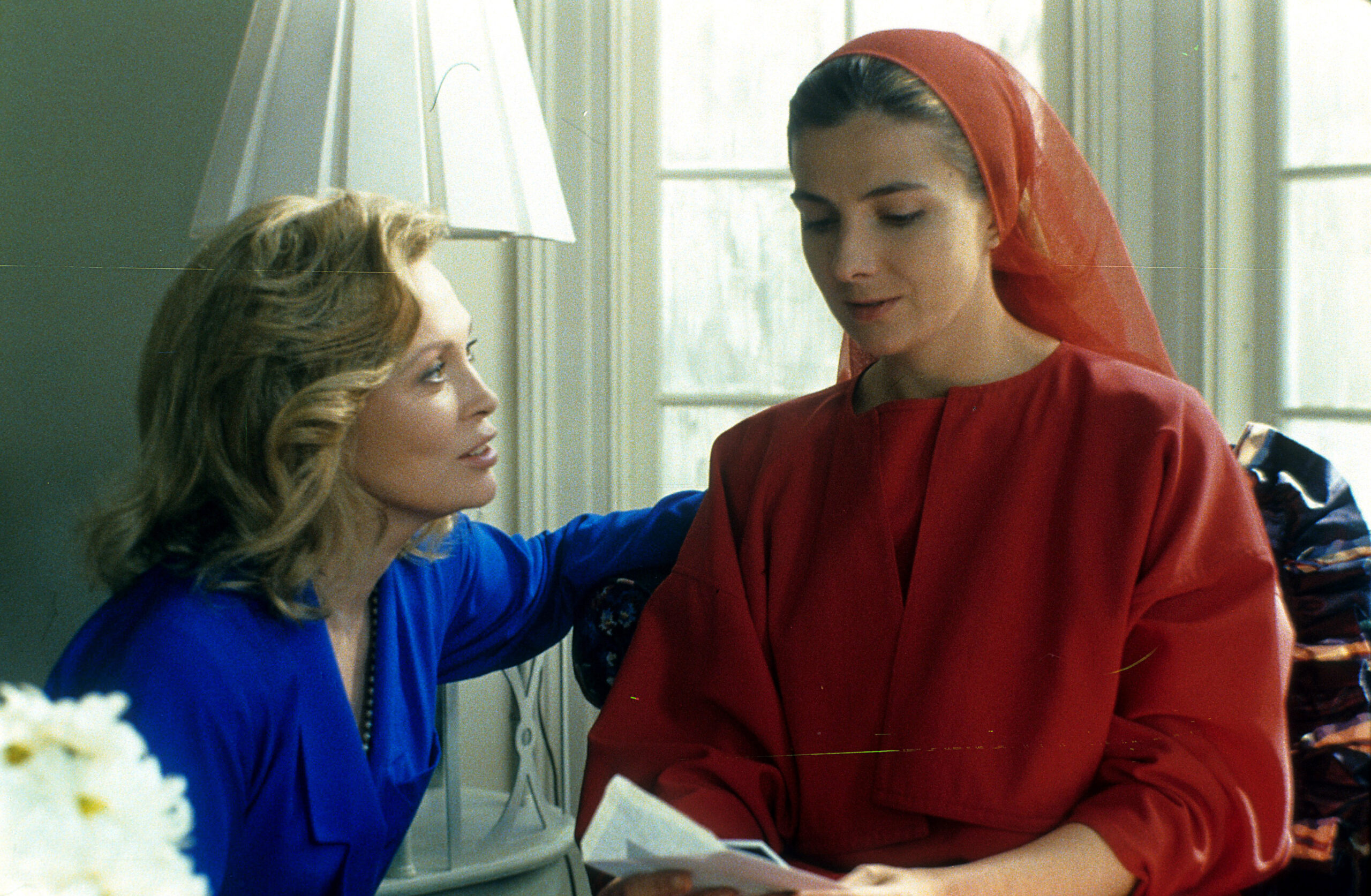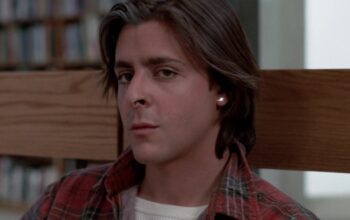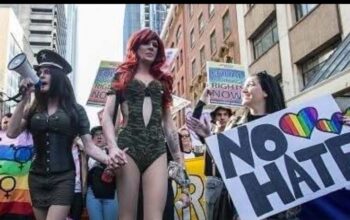Where will you be at the end of the world? Will you be at home with your family, defending with a double-barrel shotgun? Will you be wandering the streets looking for anyone to answer your frightened calls? Will you be taken prisoner by a gang of mutated, mohawked motorcyclists? Or will you be cast into a much more cruel world, where every violation of your human rights is approved? Will you be a part of the group to be used? The group to be experimented on? The group to be held hostage? The group to put first on the frontlines? Where will you be at the end of the world?
‘The Handmaid’s Tale’ is a 1990 film adaptation of the novel by Margaret Atwood, though we’re all very familiar with the TV series adaptation starring Elizabeth Moss as Offred, the film deserves a whole lot of credit. The imagery used throughout the nearly 2-hour runtime is enough to make you shiver in fear and disgust. Very rarely will you ever see a film so predatory on a gender, it’s truly a horror film for every woman. Every handmaid is fitted with a barcode bracelet, every man takes every advantage, women are shipped in trucks labelled “LIVESTOCK”.
The film is a sick and twisted fairytale, beginning with the words “Once upon a time, there was a kingdom called Gilead”. We open on Kate attempting to escape with her family before being taken and shipped away with the other handmaids. She’s taken to live with the Commander and his wife to bear his child, as she is forced to adjust to the lifestyle, she must face a horrific world where almost every act of violation is admitted. Her doctor wants to sleep with her, her friend is persecuted for being sexually assaulted and her only hope of finding her daughter is dangling right above her head, the Commander’s wife swinging it like the hook of a fishing rod.
Natasha Richardson plays Kate/Offred, admittedly, I prefer Elizabeth Moss’s cold silence and abhorrence to everything she sees, to Natasha’s naivete and unamused personality. While either performance would fit in a real-life representation of Gilead, Natasha’s unemotive performance doesn’t make you really care for the character. Robert Duvall plays the Commander in one of the performances I believe really exceeds the TV series. Duvall is domineering, he’s creepy, his toothy smile is haunting and he plays the role with such a level of nonchalant ness, you can see his entire history of abusing and manipulating handmaids just in Kate’s tenure. His final speech to Kate really pushes the rehearsed nature of his relationships with the group. Faye Dunaway plays Serena, the Commander’s wife. Her performance is neither an up or downgrade to the performance by Yvonne Strahovski. Dunaway lends more sympathy to the character, being more warm and polite to Kate, only showing her hostility when Kate is eventually caught in her antics with the Commander.
By far, my favorite aspect of this movie was the horrific imagery, the livestock truck, iron barcode bracelet, the American flag being changed from stars and stripes to the Eye of Providence and stripes, but I loved the spinning Eye of Providence on television screens, really phoning home what a propaganda-led nation Gilead is, proclaiming it’s own national, patriotic network. George Orwell, eat your heart out.
Mason’s Top 3 Reasons To Watch ‘The Handmaid’s Tale’
- An alternate conclusion to the story, not following the TV series or the novel
- A truly horrifying experience that stands alongside ‘Nineteen Eighty-Four’ and ‘The Hunger Games’
- A haunting soundtrack reminiscent to that of ‘Twin Peaks’ and ‘Mulholland Drive’

Mason Horsley is a graduate of UOW with a Bachelor’s degree in Creative Arts, majoring in Creative Writing and minoring in Theatre. He hopes to write and direct a feature film and has been working on screenplays since he was 17. He writes film reviews for the Tertangala and works on his latest project ‘The Last Film’ while working a full-time job at a fish market. Mason despises reviewing films he dislikes and because of this, every review he writes acts as a recommendation.
Image Credit: IMDb




